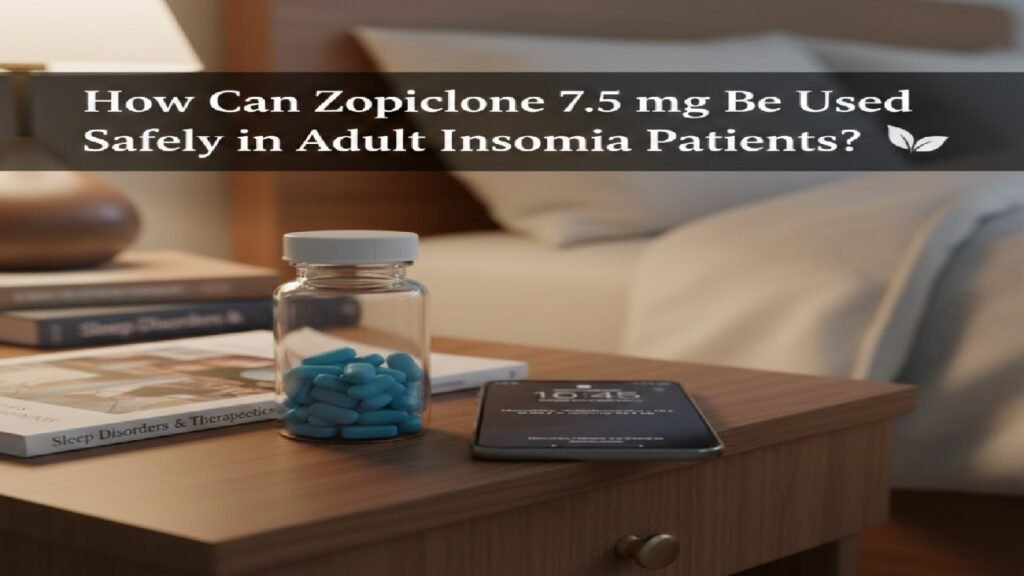We all know how frustrating a bad night’s sleep can be, but did you know that sleep deprivation can lead to more than just fatigue and irritability? One surprising consequence of lack of sleep is nausea. If you’ve ever experienced a queasy stomach after a sleepless night, you’re not alone. In this article, we’ll explore why sleep deprivation can cause nausea, how it affects your body, and what you can do to alleviate it.
How Does Sleep Deprivation Lead to Nausea?
When you don’t get enough sleep, your body’s balance and functioning are disrupted. Sleep plays a vital role in maintaining physical and mental health. Here’s how lack of sleep can lead to nausea:
- Hormonal Imbalance
Sleep deprivation can cause an increase in stress hormones like cortisol, which can affect the digestive system. High cortisol levels can lead to an upset stomach and feelings of nausea. - Disrupted Digestion
The body’s ability to regulate digestive processes slows down when you don’t get enough rest. Without proper sleep, the stomach may not produce enough stomach acid, causing nausea, bloating, and indigestion. - Dehydration
Sleep plays a crucial role in hydration levels. Lack of sleep can cause dehydration, which often results in nausea, dizziness, and headaches. Without sufficient sleep, your body may also be less efficient at regulating your body’s fluid balance. - Impaired Brain Function
Sleep deprivation affects your brain’s ability to process signals, including those related to hunger and fullness. As a result, you may feel more sensitive to physical discomforts like nausea. - Increased Sensitivity to Pain
Sleep deprivation can make you more sensitive to physical pain, and in turn, you may experience nausea as a result of heightened pain perception.
Can Sleep Deprivation Cause Chronic Nausea?
While a night or two of poor sleep may result in temporary nausea, chronic sleep deprivation over time can lead to more persistent and severe symptoms. Ongoing sleep disruption affects the body’s systems in a cumulative way, potentially resulting in:
- Constant fatigue: Your body and mind never get a full reset, leading to chronic tiredness and nausea.
- Anxiety and stress: Lack of sleep increases stress levels, which may further contribute to digestive issues and persistent nausea.
How to Manage Nausea Caused by Sleep Deprivation
If you’re experiencing nausea due to lack of sleep, there are several things you can do to alleviate the symptoms and restore balance to your body:
- Prioritize Sleep
The most effective way to eliminate sleep-deprivation-induced nausea is to get enough rest. Aim for 7-9 hours of sleep every night. If you’re struggling with insomnia or disrupted sleep, consider solutions like Zopiclone to help regulate your sleep patterns. - Stay Hydrated
Drink plenty of water throughout the day to keep your body hydrated. Dehydration is a common side effect of sleep deprivation and can exacerbate nausea. - Eat Light, Balanced Meals
Avoid heavy meals, especially before bedtime, as they can disrupt digestion and lead to nausea. Try smaller, lighter meals that are easy on the stomach. - Practice Relaxation Techniques
Reduce stress and anxiety by engaging in activities like deep breathing exercises, yoga, or meditation. These can help calm your mind and improve your sleep quality, reducing nausea.
When Should You See a Doctor?
If your nausea persists despite getting more sleep or implementing lifestyle changes, it may be time to consult a healthcare professional. Chronic nausea could indicate an underlying issue such as a digestive disorder, anxiety, or other health concerns that need medical attention.
Conclusion
In summary, sleep deprivation can indeed cause nausea, as it disrupts various physiological systems in the body. The good news is that with better sleep habits, proper hydration, and a balanced diet, you can reduce or eliminate nausea caused by lack of rest. If you’re struggling to get enough sleep, consider speaking with your healthcare provider about potential solutions, such as Zopiclone, which can help promote restful and restorative sleep.





One Response